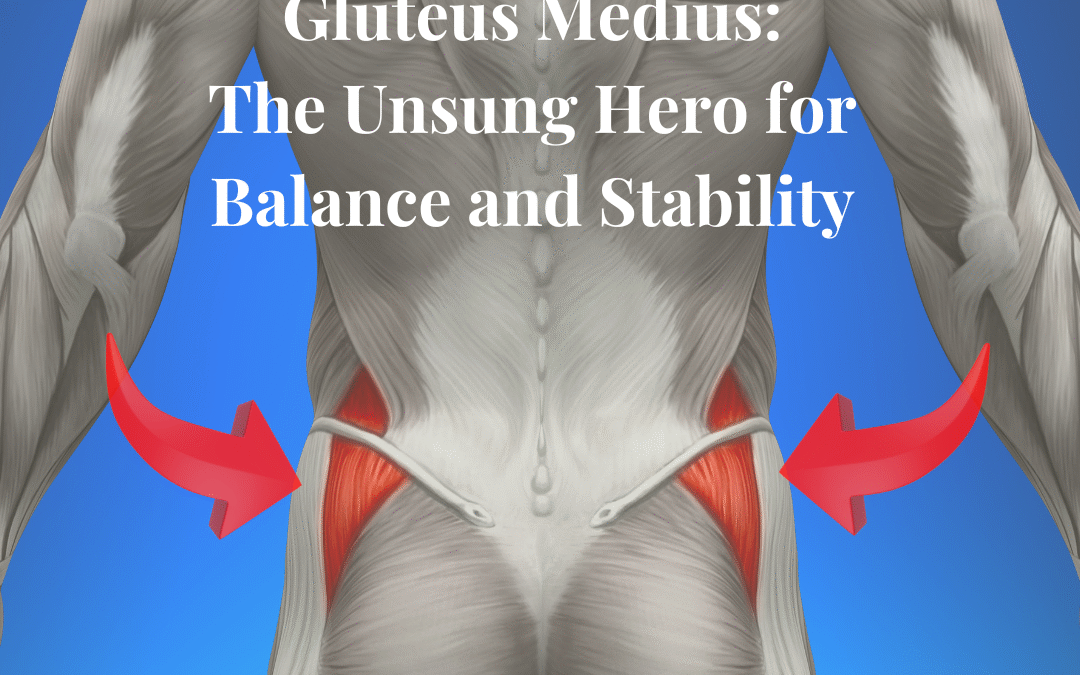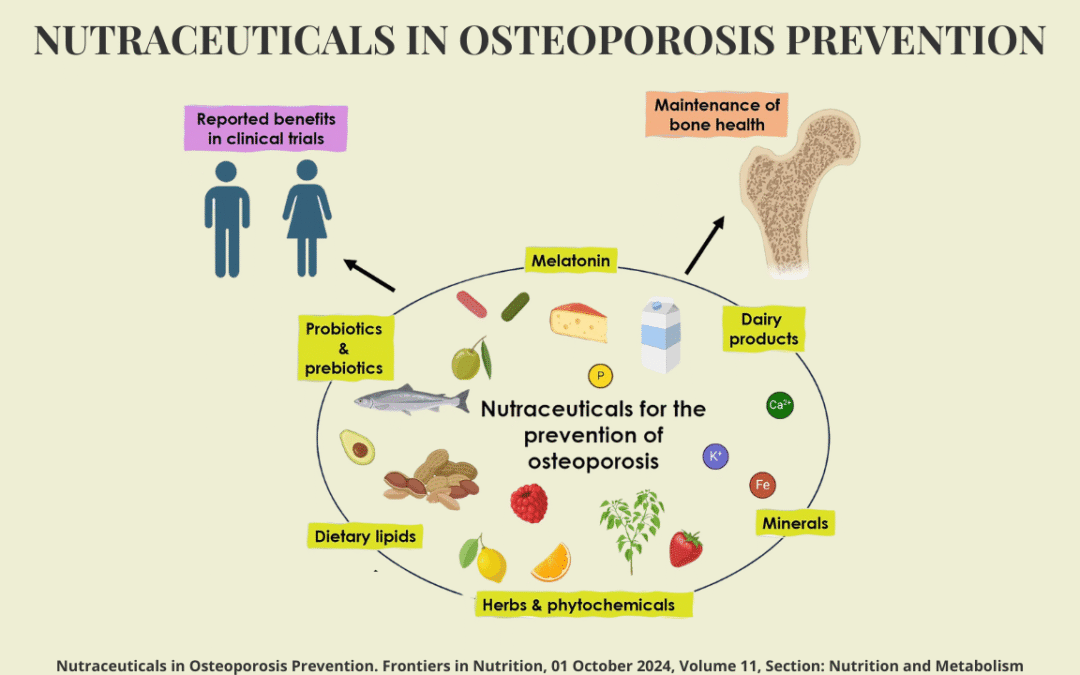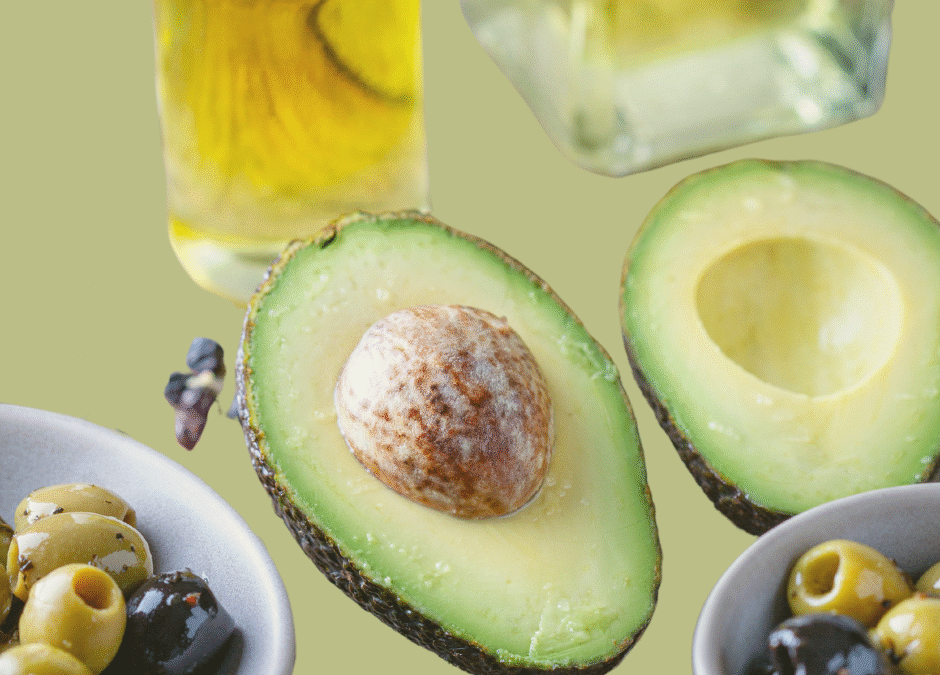
Is Aluminum Foil Safe? What You Need to Know About Risks to Your Bone Health
Kitchens are often buzzing with activity as we prepare meals to share with loved ones. While creating delicious dishes is a source of joy, it’s important to look closer at the tools and materials we use—especially aluminum foil. A common staple in many households, aluminum foil may not be as harmless as it seems. Research has raised concerns about its potential risks to health, particularly in relation to bone health.

The Problem with Aluminum Foil in Cooking
Aluminum foil has been a kitchen favorite for decades—perfect for lining baking sheets, wrapping leftovers, and grilling food. However, studies have shown that aluminum can leach into food during cooking, particularly under certain conditions:
- High Temperatures: Heat breaks down the protective surface layer of aluminum, allowing particles to leach into food.
- Acidic or Salty Foods: Foods like tomatoes, citrus, or marinades accelerate the leaching process, increasing aluminum exposure.
While occasional use might not pose significant risks, repeated exposure to aluminum, from foil and other sources, can accumulate in the body over time. This buildup can potentially lead to health issues that extend beyond the kitchen.
The Health Risks of Aluminum Exposure
Aluminum is widely recognized as a neurotoxin, and excessive exposure has been linked to various health concerns, including:
Neurological Risks: Studies suggest that high aluminum levels in the brain may contribute to cognitive decline, dementia, and neurological disorders like Alzheimer’s and Parkinson’s disease.
Bone Health Concerns: Aluminum can wreak havoc on bone health in several ways:
- Disrupts Calcium Deposition: Aluminum interferes with the body’s ability to deposit calcium into bones, leading to reduced bone density over time.
- Depletes Essential Minerals: Aluminum can lower levels of key bone minerals like calcium, phosphorus, and magnesium, making bones weaker and more prone to fractures.
- Alters Bone Cell Function: Aluminum affects osteoblasts (bone-forming cells) and osteoclasts (bone-resorbing cells), reducing the body’s ability to repair and maintain strong bones.
- Impairment of Parathyroid Hormone (PTH): Aluminum accumulation in the parathyroid glands can disrupt PTH secretion, which is essential for regulating calcium levels and maintaining bone strength.
- Increased Risk of Fractures: Research has linked aluminum exposure to a higher risk of hip fractures, especially in individuals who regularly use aluminum cooking pots.
Safer Alternatives to Aluminum Foil
The good news is there are plenty of healthier, safer alternatives to aluminum foil for your cooking and baking needs. Here are some great options to consider:
1. Glass or Ceramic Bakeware: Non-toxic and perfect for baking or roasting, glass and ceramic dishes don’t leach harmful substances into food, even at high temperatures.
2. Parchment Paper: Ideal for lining baking sheets and wrapping food, parchment paper is non-stick, heat-resistant, and free from chemicals or metals.
3. Stainless Steel or Cast Iron Cookware: These durable materials are safe for stovetop and oven use. Cast iron even adds trace amounts of iron to your food, which can support overall health.
4. Silicone Baking Mats: Reusable and non-stick, silicone mats are a great option for baking. Be sure to look for high-quality, food-grade silicone for safety.
5. Banana Leaves or Corn Husks: These natural, biodegradable options are perfect for steaming or grilling, adding a unique flavor to your dishes.
6. Beeswax Wraps: While not suitable for cooking, beeswax wraps are an eco-friendly way to store leftovers without relying on aluminum foil.
Tips for Reducing Aluminum Exposure
If you can’t avoid using aluminum foil entirely, try these strategies to minimize exposure:
- Avoid cooking acidic or salty foods in aluminum foil.
- Use foil for cold food storage only to prevent leaching.
- Place a layer of parchment paper between the food and foil as a barrier.
- Cook at lower temperatures when using foil to reduce leaching.
- Limit the time food is in contact with foil; the longer the exposure, the greater the transfer of aluminum.
The Role of Boron in Reducing Aluminum Risks
Did you know that boron, a trace mineral, may help reduce aluminum levels in the body? Boron supports the body’s natural detoxification processes and may counteract some of the harmful effects of aluminum exposure. Including boron-rich foods in your diet is an easy and natural way to support bone health.
Boron-rich foods include:
- Nuts and Seeds: Almonds, walnuts, peanuts
- Fruits: Apples, pears, grapes, raisins, avocados, prunes, and dried apricots
- Vegetables: Broccoli, spinach, kale
- Legumes: Lentils, chickpeas
The Bottom Line
While aluminum foil is convenient and widely used, its potential risks to health—especially bone health—make it worth reconsidering. Chronic exposure to aluminum can weaken bones, disrupt calcium absorption, and increase the risk of fractures over time.
By switching to safer materials like glass, ceramic, stainless steel, or silicone, you can protect your bones and enjoy cooking without compromising health. Small changes in your kitchen habits can make a significant difference in preserving your bones and your overall health and well-being.











